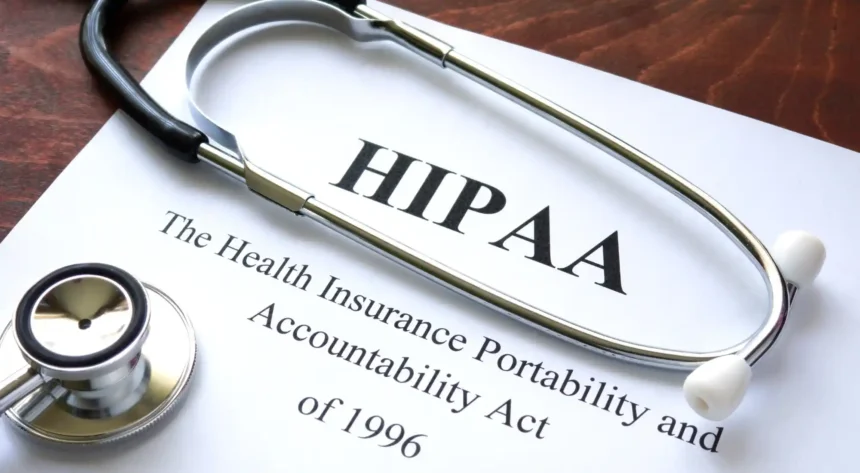In this ever-evolving healthcare landscape, HIPAA’s Right of Access is essential, as it empowers individuals by ensuring they have access to their personal health information to make informed health decisions. The Health Insurance Portability and Accountability Act (HIPAA) serves as a cornerstone in safeguarding individuals’ personal health information.
What is the HIPAA Right of Access?
The Health Insurance Portability and Accountability Act of 1996 (HIPAA) establishes a legal right for individuals to access their protected health information (PHI). HIPAA-covered entities, such as health plans and healthcare providers, are obligated to provide individuals with access to their health information upon request. The Right of Access is a fundamental element of HIPAA and grants individuals the authority to access and obtain copies of their health information.
What Records Do Patients Have the Right to Access?
Individuals have the right to access information within a “designated record set,” including medical records, billing records, and other data used in decision-making about individuals. This encompasses a wide range of health information, from clinical records to insurance details.
What Information Is Excluded from the Right of Access?
Certain information is excluded from the Right of Access, including items such as psychotherapy notes and data compiled for legal proceedings. However, underlying PHI remains accessible.
Other Important Things to Know About Right of Access
- Personal Representatives- Individuals can authorize personal representatives, usually someone with legal authority over healthcare decisions, to access their PHI on their behalf.
- Requests for Access- Covered entities may require a written request for access, but unreasonable measures that hinder access are not allowed. Verification of identity is mandated, but the form and manner of verification are at the discretion of the covered entity.
- Providing Access- Covered entities must provide access in the form and format requested, whether paper or electronic. Timely responses, typically within 30 calendar days, are encouraged, and extensions are allowed under specific circumstances.
- Fees for Copies- Covered entities may charge reasonable, cost-based fees for providing copies of PHI, covering labor, supplies, postage, and preparation of summaries or explanations.
- Denial of Access- Denial may occur under specific grounds, but individuals have the right to review denials. Unreviewable grounds include requests for psychotherapy notes, legal proceedings, and certain research studies.
- State Laws- State laws that provide greater rights of access or are not contrary to HIPAA are not pre-empted and continue to apply.
As technology advances, facilitating seamless access to health records is essential to enabling patients to become active participants in their healthcare journey.
Experience Better Healthcare Compliance
Stay compliant with OSHA, HIPAA, and billing regulations. See how our comprehensive solutions can simplify your compliance needs and enhance your practice’s efficiency.

Leave a Reply